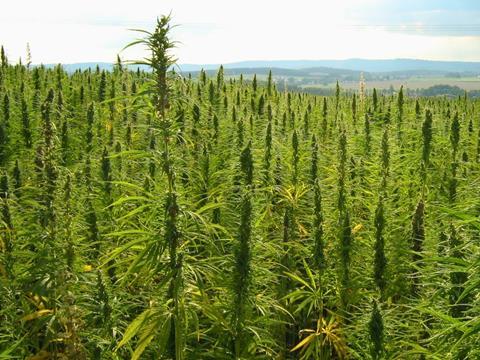
PAPACKS and European Material Bank (EMBA) have signed a strategic cooperation agreement aiming to advance the exploration, development, processing, and production of renewable raw materials worldwide, including sugar cane, eucalyptus, and bamboo.
The collaborative effort aims to produce virgin pulp materials directly applicable in the paper-making and moulded fibre packaging industries. PAPACKS and EMBA will focus on utilizing a range of renewable resources such as eucalyptus, bamboo, sugar cane, industrial hemp, and agricultural waste.
One example of this collaborative effort is the patented HempPulp - a virgin pulp material derived from industrial hemp cellulose, which PAPACKS says has already gained significant traction in the market. Both parties are aiming to scale up these solutions globally.
According to PAPACKS, hemp cultivation captures up to 22 tonnes of CO2 per hectare, significantly higher than the CO2 absorption capacity of forests on equivalent land areas. Reportedly, hemp also supports diverse ecosystems, improving soil health, and hemp cellulose reduces the demand on forests.
Back in 2023, Spark Sourcing proposed eco-shell, its certified recyclable bio-calcium compound derived from eggshells, as a solution to help the cannabis industry cut down on its plastic waste and carbon emissions. We spoke to the company’s Terry Faulkner, who said that eco-shell reports a 70% reduction in carbon emissions compared to virgin plastics.
At the start of this year, Sappi unveiled two flexible packaging papers made from renewable raw materials, designed to unlock recyclable alternatives to fossil-based packaging and offer further customization to its customers. The design aims to reduce the use of plastics in secondary packaging for products such as confectionary, or in primary packaging for products that do not require a barrier.
If you liked this story, you might also enjoy:
Report: The ultimate guide to global plastic sustainability regulation
The Brief: Oxo-(bio)degradables: the who, what, and why of breaking down fossil-based plastics
Sustainable Packaging Summit: How Kraft-Heinz uses collaboration to drive innovation
The Brief: Using ocean-bound plastic in packaging – how, why and should we?














No comments yet